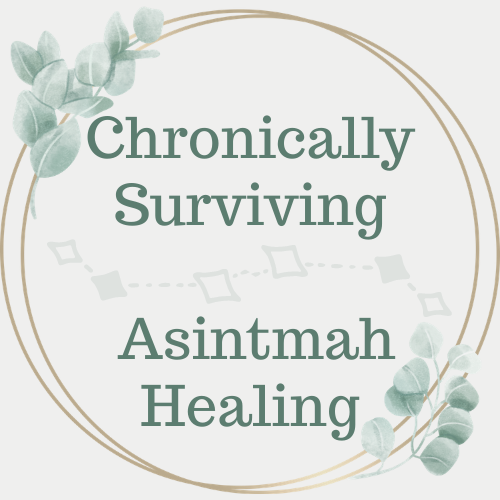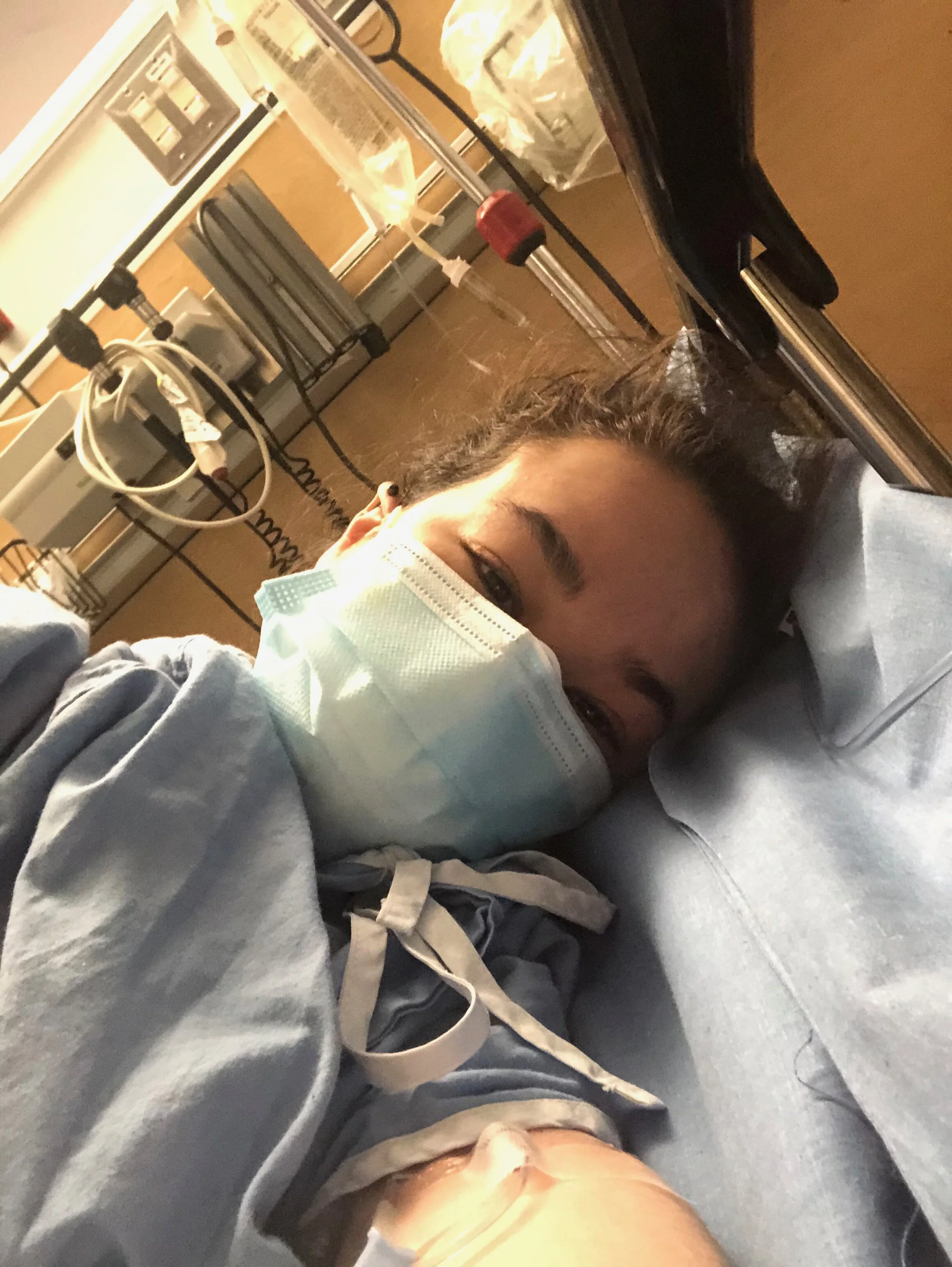
What’s your story?
Chronically Surviving is a personal dream. A goal to create a collective, a community of young adults living with chronic and/or rare conditions and disabilities like me.
I believe that if we unite with understanding and compassion, we can make a change. We can feel more empowered. Realizing that what sets us apart is what gives us meaning and connection. And that we hold incredible power and control over our lives, more than we believe.
I’m hoping to create a safe space here. A place where people like me and you can come together and share. An environment so trusting and non-judgmental that vulnerability is our superpower. This is a place to feel empowered to speak your truth. Whatever that may be. I’ll do my best to keep you safe. That’s my goal, is to reach out, and provide a platform for us to unite and make waves of acceptance.
I want to tell you my story, share my wildly particular life. I want to do this to find you. Find the others that are like me and get to know you. To hear your story, so you can be seen too.
“I am the Expert on My Body & My Experience."
So, what’s your story?
Have a story you’d like to contribute to the Chronically Surviving Blog?
Would love to hear from you!
Recent Blog Posts
I went home empty-handed, beyond exhausted, and worried something serious might happen before I could see my doctor. I was shocked by how eerily similar the two events were. Medical gaslighting has been traumatizing and triggering and costing me a fortune in therapy.
What I learned is that if you are trying your best then that is usually good enough. The problem isn’t you per se, but the other people. I was trying so hard that I realized I was trying way harder than other people and not getting good results. I was always supportive of people, so I would go to volleyball games to cheer them on or stay after school to help. I was always available if somebody needed help with their homework, someone to talk to, or any help they needed. When I needed their help, I experienced a lot of ghosting, and not being invited was difficult.
Many chronically ill patients feel as if they should be grateful for their providers at all times, even after medical errors. Anger can tell us when a situation is unfair. It can motivate us to make positive changes to improve the healthcare system. This can be accomplished by self-advocating in-clinic appointments, coping with a new diagnosis, getting honest with providers, or navigating relationships, all while dealing with medical trauma. I hope you can join us at our next discussion group or give us a follow on Instagram: @pop_medicalptsd!
Have you ever walked into a room and forgotten what you came in there for? Was it to grab something, or to do something… whatever it was, poof, it’s just gone, forgotten. It happens to all of us once in a while. Now, imagine this happening all day, and sometimes for days on end. Instead of random blips, it happens often and disrupts your life. Welcome to the elusive symptom known to most as brain fog. The inspiration for this blog is because it’s been my basic mode of operation the last month while being in a flare-up (sudden worsening of symptoms). It’s been cloudy with a chance of staring off into space. Thankfully the clouds are parting and I got clarity enough to write this post.
I like order, structure, predictability, and while I can’t always have all of those things with my illness, there’s a certain amount that I do expect during the workday. But that day, suddenly, it was the opposite of all of those things, now I had a choice: sit here and complain about it or implement a technique I’d been learning in a professional development course. I already knew the first one wasn’t going to work, so I might as well try the second. What I didn’t expect was how amazingly effective it was going to be.
Yet, while I was in college, I felt a whole new level of emotions. When I was a junior, I felt a mixture of sadness, then anger, and then resentment. I was worried about my next step in life. I was afraid to ask my mom to discuss my family planning future with my geneticist or endocrinologist. “What if I can’t have kids?” I’d often wonder.
The deeper I go into teaching accessible yoga and other wellness modalities, the more I realize trauma is pervasive and needs to be respected. Trauma is a universal and common reality of being human. This is intensified during this global pandemic, enveloping us in collective grief. I realized I needed and wanted more trauma-sensitive training to equip myself better to hold space for those affected by trauma. I am honoured to graduate from Shayla’s Your Movement Therapy Trauma-Informed Yoga Teacher Training (TI-YTT).
Going anywhere during this pandemic for me is tricky. I’m severely immune-compromised, so I have to be very careful since I most likely will not survive; that’s just fact. So I have to psyche myself up to go to the Emergency Department (ED) during this pandemic since it’s a scary prospect. Even before the pandemic, I’d have to be careful not to catch any virus or infection.
I spent my days on as strict a schedule as I could manage, ensuring that I remained in complete silence. I disconnected from all electronics. I even turned off all of my clocks. Most of the time was dedicated to specific meditation practices and prayer, reading The Bhagavad Gita, spending time in nature, and resting in mindful reflection. My goal was to slow my thoughts and abstain from as many external influences and inputs as possible. Hoping it would allow me to gain some peace of mind…











The holidays have arrived, and some of us may be feeling a range of emotions, and most likely, some level of stress, especially since we're still amid this global pandemic. I had the pleasure to be invited to present for the monthly Mito Expert Series a couple of weeks ago to discuss accessible ways to relieve stress during the holidays. MitoAction provides support, education, outreach, advocacy, and research support for those affected by mitochondrial disease.
During the presentation, I provided concrete tips to help cope with the stress of the holidays. It was so well received, I decided to write this blog as it may be helpful for others to manage stress during this chaotic time of year. At the end of this blog post, I've also provided links to my talk's audio and video recordings. I urge you to check it out as you might find new ways of reducing stress during the holidays.